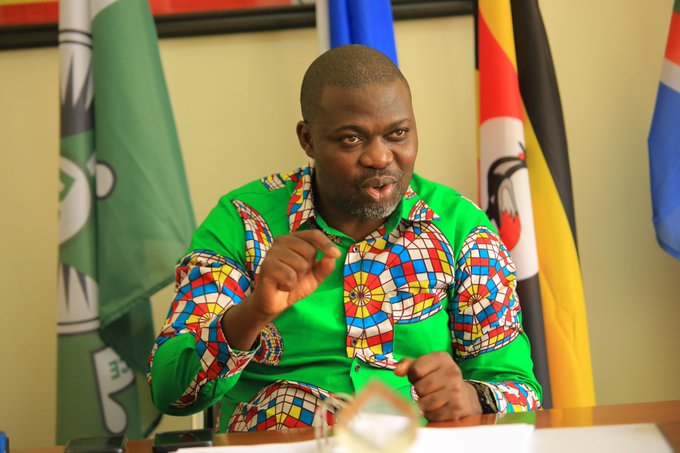The International Criminal Court (ICC) has said has sought to revive the case against fugitive Ugandan rebel commander Joseph Kony, who remains at large since an arrest warrant was issued in 2005 on allegations of war crimes.
While addressing journalists in Kampala on Friday, Dahirou Santana, the international cooperation advisor in the office of the ICC chief prosecutor said whereas there are already 33 charges against Kony, they are considering adding more charges.
“More than 33 counts will be filed against Kony, including kidnapping, murder and rape. Kony will be tried out of court, as he has been wanted for 17 years and has not been found.” he said
Kony launched a bloody rebellion more than three decades ago seeking to impose his own version of the Ten Commandments in northern Uganda, unleashing a campaign of “terror” that spread to several neighbouring countries.
The Hague-based ICC issued an arrest warrant for Kony in 2005 on allegations of war crimes and crimes against humanity, and set a US$5 million reward for information on Kony’s whereabouts, but so far no one has come forward. The former US president Barack Obama in 2011 launched a small number of US troops to help regional armies try to capture him.
Starting with a bloody rebellion in northern Uganda against President Yoweri Museveni, the LRA’s campaign of violence killed more than 100,000 people and seen 60,000 children abducted.
The violence eventually spread to Sudan, the Democratic Republic of the Congo (DRC) and Central African Republic.
The allegations against Kony in the arrest warrant include murder, cruel treatment, enslavement, rape, and attacks against the civilian population.
In 2021, the ICC convicted an LRA child soldier-turned-commander, Dominic Ongwen, of war crimes and crimes against humanity and sentenced him to 25 years in jail.
He appealed against the verdict and sentence, arguing that he was scarred by his own history and still believed he was “possessed” by the spirit of Kony.
The ICC was set up in 2002 to bring perpetrators of the world’s worst crimes to justice but has been criticised for choosing many of its cases from African nations.
By our reporter





